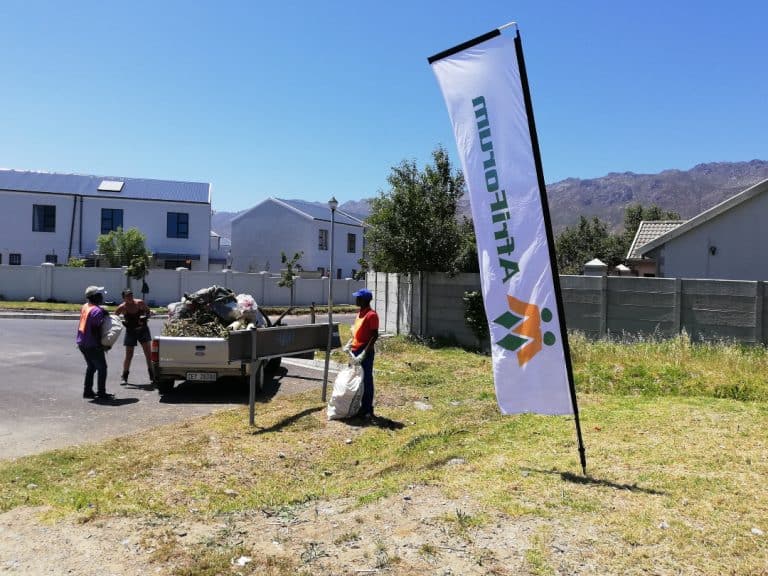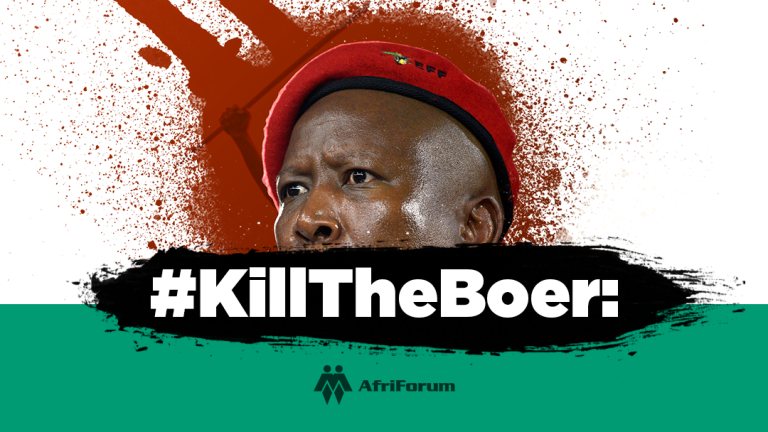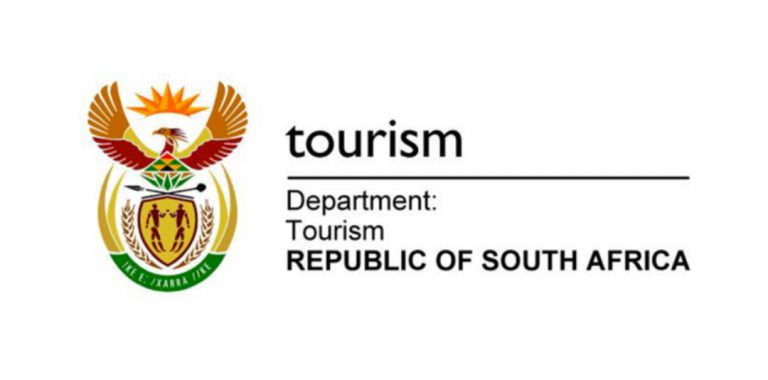Denial of the crisis in South African education worsens the situation
In response to the Centre for Development and Enterprise’s (CDE) report on the crisis in education in South Africa and the Department of Basic Education’s denial of the findings, AfriForum declared that the Department’s attitude was the reason for the emergency and continued deterioration of the situation.
According to Alana Bailey, AfriForum’s Head of Cultural Affairs, the CDE’s report, The Silent Crisis: Time to Fix South Africa’s Schools, finds, among other things, that many learners remain illiterate despite education, that many teachers have inadequate training and that corruption debilitates the Department’s performance. “This, as the Department indeed admits, is not new news. Independent national and international studies have been pinpointing these problems for more than a decade. However, the fact that these hotspots still remain and that the situation often is even worsening, is what the CDE’s report points to, and which should cause serious concern,” she declared.
In South Africa, there are private and public schools that provide excellent education, but these islands of excellence cannot compensate for the more than 80% of schools that, according to the Department’s own estimates, are dysfunctional. Private initiatives are also trying to supplement the lack of quality education but cannot reach everyone affected by the crisis.
According to Bailey, it is particularly perturbing that an unusually large percentage of the annual national South African budget is dedicated to education, much more than is the case in other performing countries worldwide, but still the education sector remains trapped in a quagmire of incompetence. Issues such as the increasing violence in schools, trade unions’ interference, defective infrastructure, poorly qualified teachers and the lack of mother language education are problems that AfriForum continuously emphasises. “Unfortunately, the Department is focused on political and ideological agendas, and not on the delivery of quality education,” she added.
“The current ongoing efforts to implement an outdated, ideologically charged and to some extent unconstitutional bill such as the Basic Education Laws Amendment Bill (also known as the BELA Bill) at all costs, is further proof of this attitude. As long as this remains the case, the Department’s denial of the crisis in education will not provide any solutions, and the number of poorly literate youths that the system produce will continue contributing to unacceptably high youth unemployment rates,” she said.
AfriForum is continuing with its numerous actions to contribute to safer, high-performing schools and will also carry-on opposing draft legislation such as the BELA Bill.









